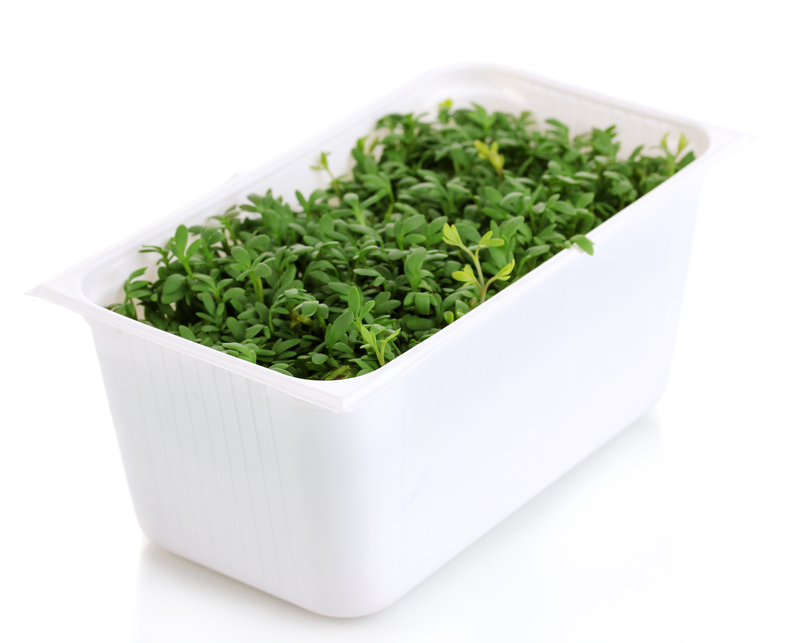
Harness the Power of Nature with 10 Green Waste Reduction Methods
In today's world, waste reduction is more than just a trend; it's a necessity. Leveraging nature's solutions offers a sustainable approach to minimizing waste. In this article, we'll explore effective green waste reduction methods that will not only benefit the environment but also promote a healthier lifestyle.
Why Focus on Green Waste Reduction?
Understanding the importance of reducing waste is essential. Excess waste contributes to pollution, environmental degradation, and climate change. By embracing natural waste reduction methods, we align with environmental goals and live more sustainably.
The Impact of Waste on our Environment
Waste affects ecosystems by polluting water, soil, and air. It also adds to the increasing load of landfills, which emit harmful greenhouse gases. Therefore, adopting eco-friendly practices is a step towards a healthier planet.
10 Methods to Reduce Waste Using Nature's Power
1. Composting: Nature's Decomposer
Composting is an effective way to utilize organic waste. By decomposing kitchen scraps and yard waste, we create nutrient-rich compost ideal for gardening. This process not only reduces landfill waste but enriches soil quality.
2. Vermicomposting: Earthworms to the Rescue
Vermicomposting employs earthworms to decompose organic waste. These worms convert waste into rich humus. This method is great for small-scale waste management, particularly in urban settings with limited space.
3. Recycling: Transform and Reuse
Recycling is a primary method of reducing waste by transforming materials into new products. Many materials like paper, glass, and metals can be recycled, saving resources and reducing the environmental footprint.
4. Upcycling: Creative Repurposing
Unlike recycling, upcycling involves creatively repurposing waste materials into new, valuable items. It encourages innovation and reduces the need for new resources.
5. Biodegradable Products: Embrace the Natural Breakdown
Using biodegradable products is a proactive waste reduction approach. These products naturally break down, minimizing landfill accumulation and environmental harm.
6. Conscious Consumerism: Reduce Before You Reuse
Conscious consumerism advocates for thoughtful purchasing decisions, emphasizing durability and necessity. It's about buying less and prioritizing sustainable products, reducing waste at the source.
7. Community Gardening: Collective Greening
Community gardens not only produce food but also promote waste reduction by utilizing compost and fostering recycling programs. They are community-driven solutions that enhance sustainability.
8. Grasscycling: Natural Lawn Management
By leaving grass clippings on the lawn after mowing, grasscycling returns nutrients to the soil. This natural process reduces yard waste and improves lawn health without chemical fertilizers.
9. Natural Pest Control: Eco-Friendly Solutions
Adopt natural pest control by using plants that repel insects or attract beneficial predators. This limits the use of harmful chemical pesticides, contributing to a healthier ecosystem.
10. Rainwater Harvesting: Sustainable Water Use
Harvesting rainwater is a sustainable practice that reduces water waste. It can be used for irrigation, reducing the dependency on municipal water supplies, and promoting conservation efforts.
Incorporating Green Practices into Daily Life
The Role of Education and Awareness
Educating communities about waste reduction methods is crucial. Awareness campaigns and educational programs can drive collective action towards sustainable practices.
The Economic Benefits of Waste Reduction
Eco-friendly practices often lead to cost savings. For example, composting reduces the need for fertilizer purchases, while rainwater harvesting cuts down on water bills. Moreover, reducing waste at the source can lower disposal costs.
Community Initiatives and Policy Support
Local governments can encourage waste reduction through policies and initiatives that support recycling, composting, and sustainable practices. Community involvement is key to the success of these programs.
Conclusion: Embrace Nature for a Greener Future
Harnessing the power of nature for waste reduction is not only feasible but imperative. By incorporating these sustainable waste management methods, we align with the natural processes that nurture our planet. Let's commit to these practices and pave the way for a greener, cleaner future.
- Compost and vermicompost at home.
- Engage in community gardening projects.
- Opt for biodegradable and sustainable products.
Every small action contributes to a larger impact. By embracing these green waste reduction strategies, you play a crucial role in safeguarding the environment. Let's collectively work towards a sustainable future where nature and humanity coexist harmoniously.
